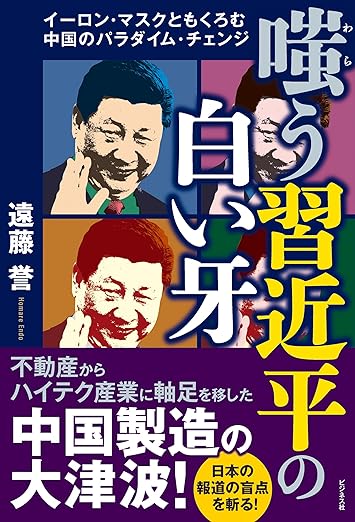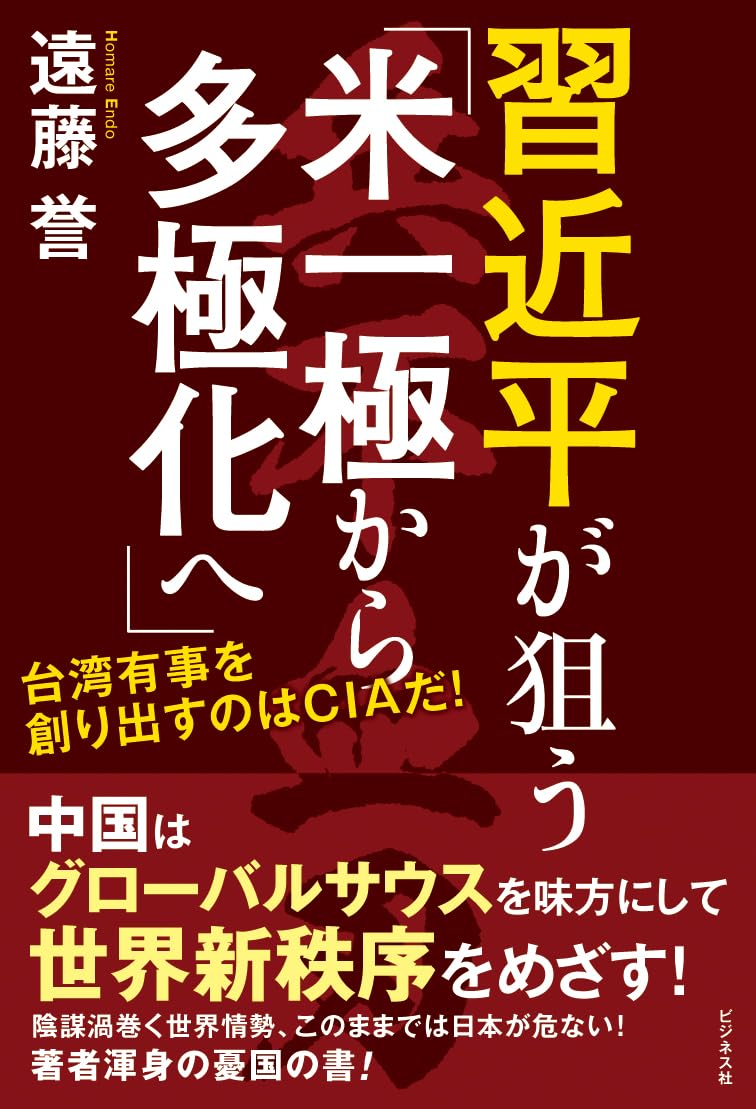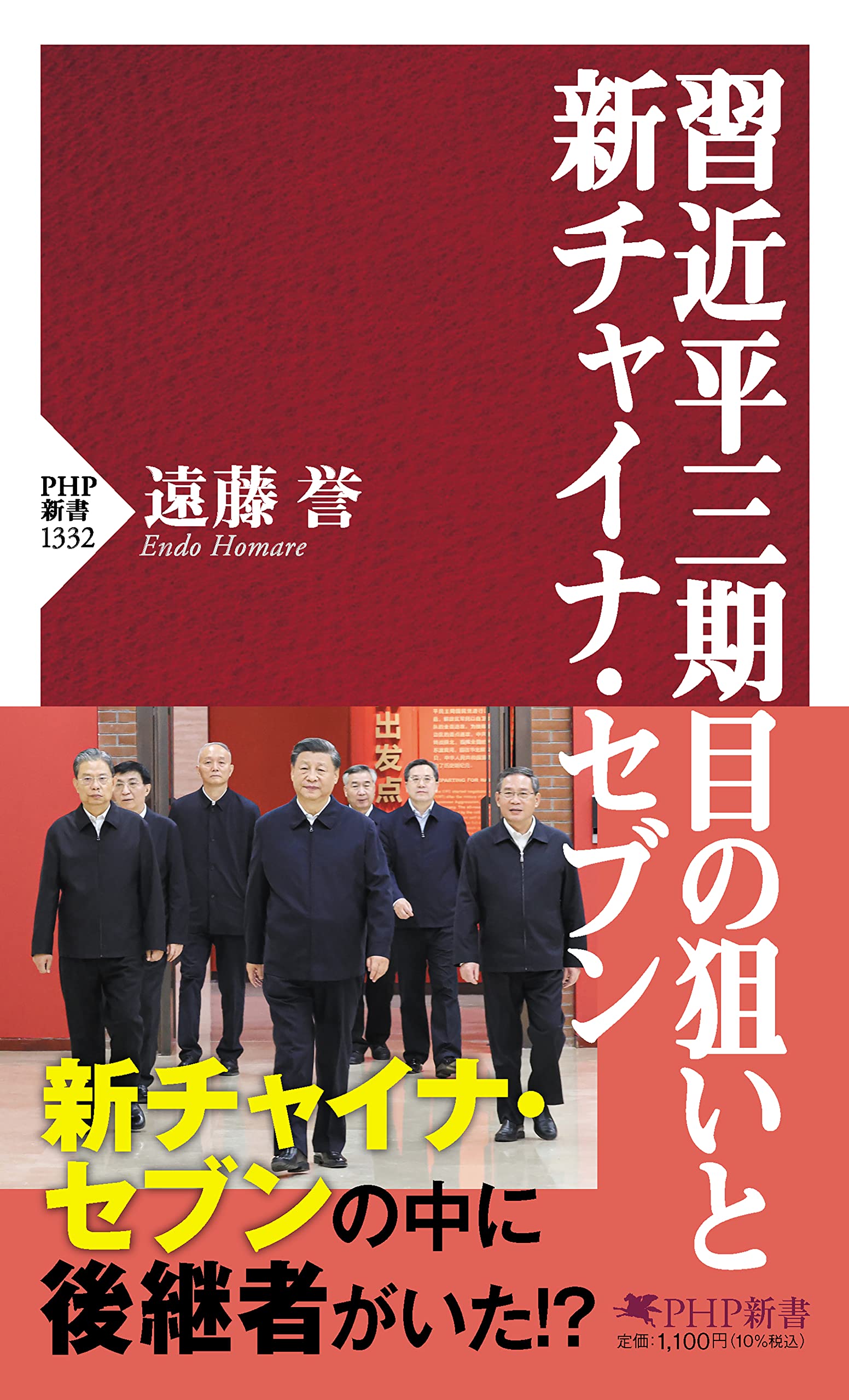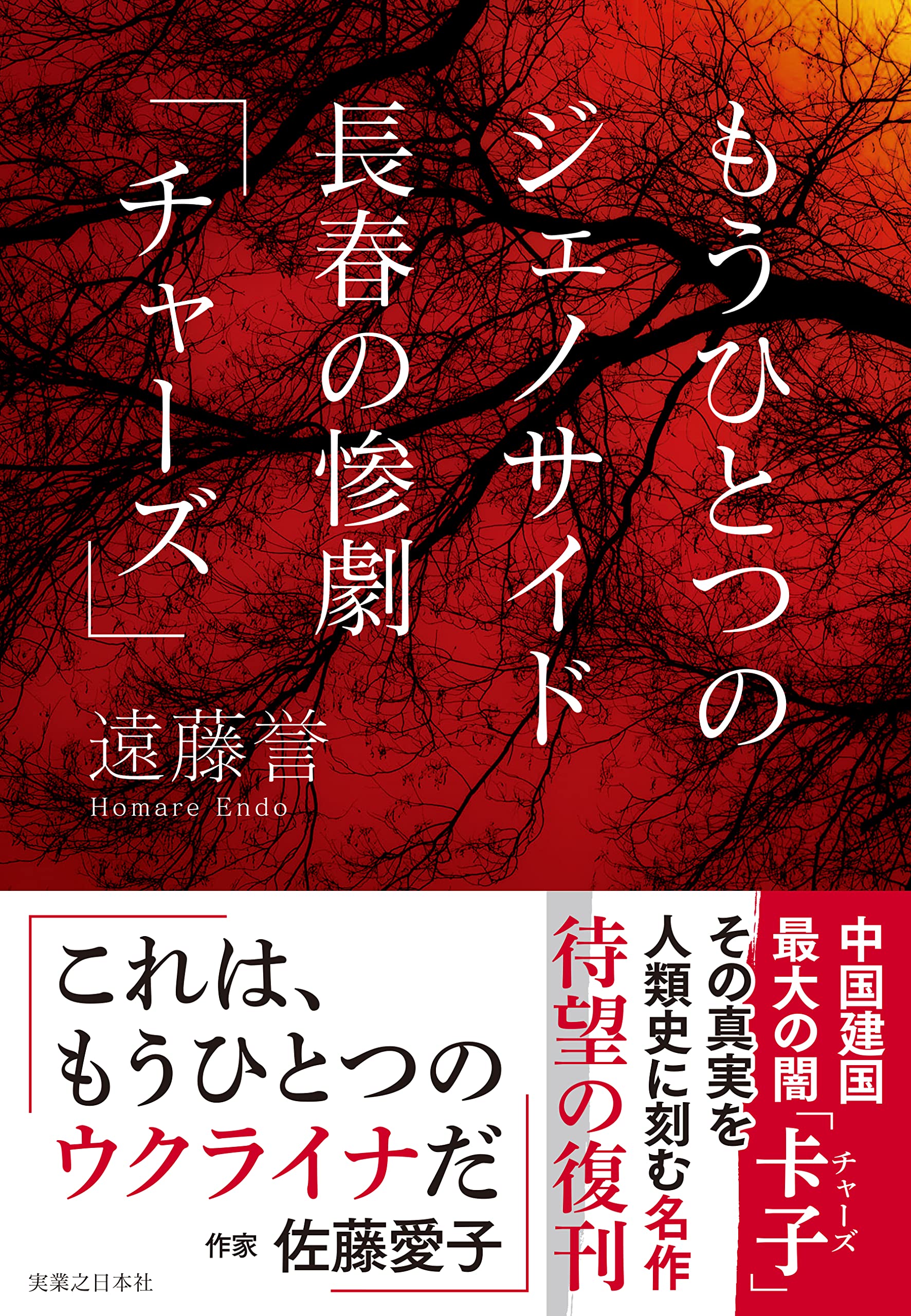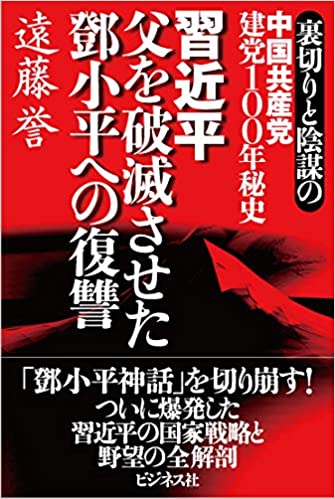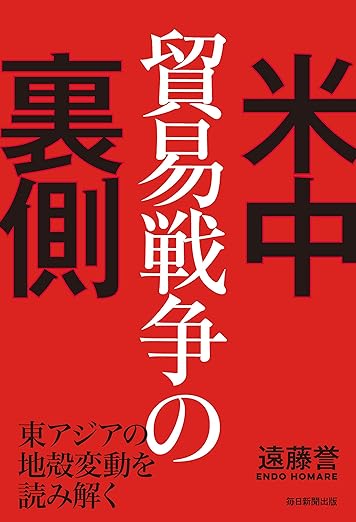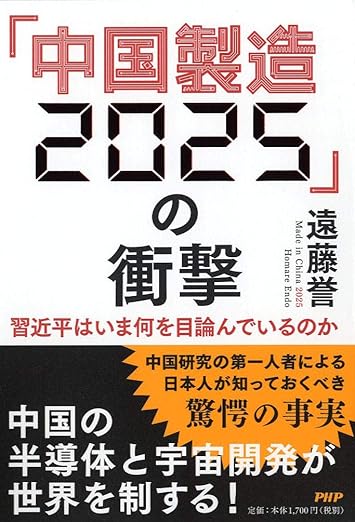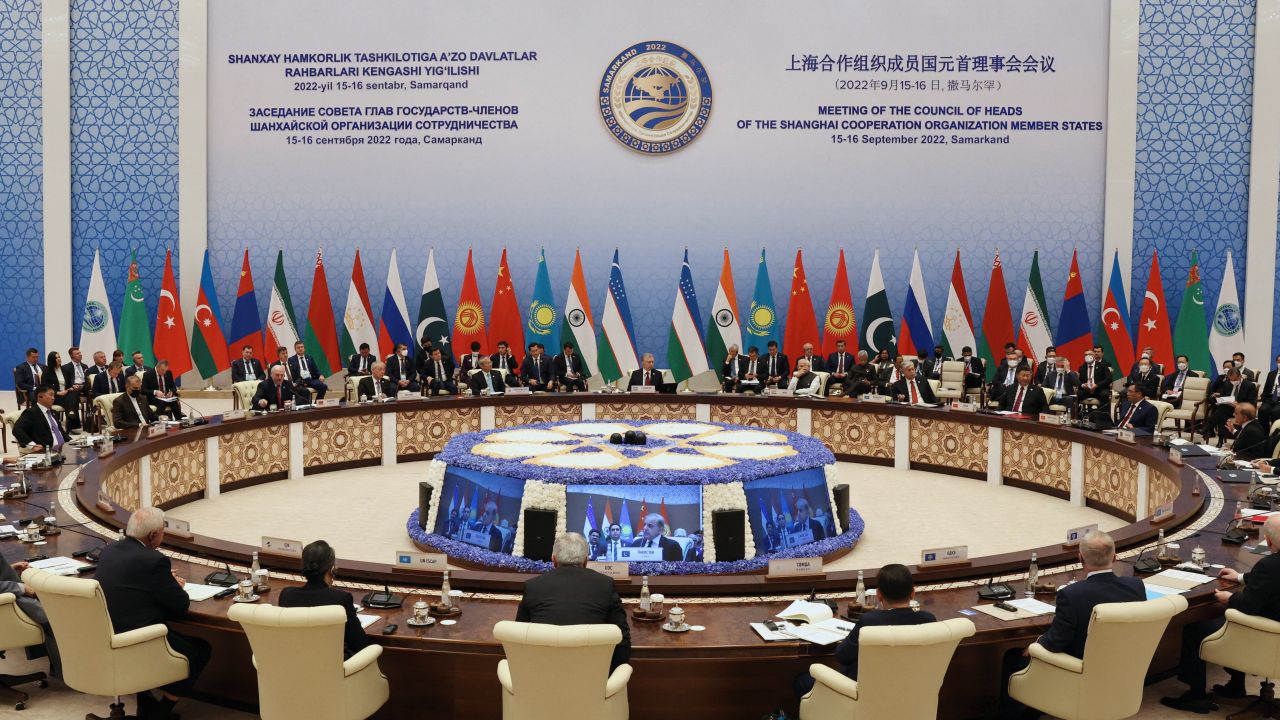
On September 15, 2022, the Xi-Putin summit took place in Uzbekistan, where the SCO meeting was held. Prior to that, Xi Jinping visited Kazakhstan and held talks with the leaders of many member countries in Uzbekistan. The only time there was no smile on his face was during his meeting with Putin. Here, I will decipher the Chinese and Russian strategies that operate behind the scenes.
◆Reason for Xi’s First Foreign Visit since COVID-19 Outbreak
President Xi Jinping of the People’s Republic of China has not left the country since the outbreak of COVID-19 other than visiting Hong Kong, which is a special administrative region of the People’s Republic of China. We must first clarify the reason why he left the country on this occasion.
We can surmise that there were four main reasons.
- This year marks the 30th anniversary of establishing diplomatic relations with the countries of Central Asia following the collapse of the Soviet Union in January 1992.
- Since the outbreak of the war in Ukraine, SCO member countries in Central Asia that had managed to maintain friendly relations with Russia have been opposed to Putin’s invasion of Ukraine, creating an opportunity for the West to gain their support. For Xi Jinping, who has backed Putin in opposing US sanctions against Russia, there would be serious trouble if some of those countries in Central Asia became more supportive of the West. He is therefore doing whatever it takes to prevent it.
- China and Russia might have agreed on how to deal with the above situation. Xi Jinping’s latest visit to Central Asia can be considered an adaptation that he and Putin agreed upon. Leaving a detailed analysis until later, my understanding of Xi’s hard stance of “opposition to interference from outside forces” toward all countries does not refer only to Taiwan, but to intervention in Central Asia by the West. Neither China nor Russia is prepared to lose this territory.
- Although China is on track for Xi to rule for a third term, he had a strong desire to send a signal to the international community, especially the West, that his rule is not a dictatorship (as described in 20th National Congress of the Chinese Communist Party: Why is Xi Jinping Seeking a Third Term?, by Homare Endo, published on September 12, 2022). This is because all the leaders of the countries in Central Asia that Xi Jinping met, which are friendly nations, were united in congratulating China on the 20th National Congress of the Chinese Communist Party and expressing their compliments to say that China will grow under Xi’s leadership. Since the content of the dialogue is generally prearranged among all parties, this common congratulatory message reveals one of Xi’s objectives.
◆Why Xi Jinping Visited Kazakhstan
The purpose of Xi Jinping’s visit to Kazakhstan on September 14 is clearly the aforementioned No. 2.
President Kassym-Jomart Tokayev of Kazakhstan has been publicly opposed Russia’s invasion of Ukraine. Despite receiving military aid from Russia when he crushed a coup-d’état led by supporters of former President Nursultan Nazarbayev in January 2022, Tokayev refused to justify Russia’s invasion of Ukraine when he attended the St. Petersburg International Economic Forum on June 20. Tokayev has also visited Azerbaijan to propose and seek cooperation regarding the construction of pipelines that bypass Russia and a transportation route via the Caspian Sea.
Furthermore, the US unveiled the “C5+1” concept in 2015. An inter-agency delegation led by Donald Lu, US Assistant Secretary of State for the Bureau of South and Central Asian Affairs under the Biden administration, visited the Kyrgyzstan, Uzbekistan, Tajikistan, and Kazakhstan from May 23 to 27, 2022 (described in Central Asia in Turmoil over Ukraine War: “A Romance of Three Countries” between the US, China, and Russia, by Homare Endo, published on June 12, 2022).
Furthermore, Tokayev had also recently welcomed the US Congressional Delegation on September 2, 2022.
Putin and Xi likely held behind-the-scenes talk, which led to Xi visiting Kazakhstan, because Putin prefers that Kazakhstan remains closer to China than the West.
Tokayev met Xi on a visit to China in September 11, 2019, and speaks Mandarin, having previously studied at Beijing Language and Culture University. He also attended the Beijing Winter Olympic Games on February 4, 2022.
Xi received an extraordinary welcome during his recent visit to Kazakhstan, where he was entertained with courtesy and fervor akin to an emperor by Tokayev, and awarded the Order of the Golden Eagle, which is the highest honor in Kazakhstan among nomadic peoples.
On September 15, Xi arrived at Samarkand, Uzbekistan to take part in the SCO Summit. Uzbekistan’s President Shavkat Mirziyoyev’s lavish welcome of Xi rivalled Tokayev’s in its enthusiasm, as he presented Xi with the Order of Supreme Friendship.
On his part, Xi was all smiles that could not have been more expressive in the presence of the two presidents.
Xi also met with the premiers of many SCO member countries including Kazakhstan, Uzbekistan, Kyrgyzstan, Turkmenistan, Tajikistan, Russia, Mongolia, Belarus, Azerbaijan, Iran, Turkey, and Pakistan. A big smile was on his face at all of these meetings.
◆Xi Jinping Had No Smiles for Putin
His smile disappeared completely, however, when he met Putin.
The sudden change in his expression was clearly unnatural, as if he feared that if he smiled at Putin, he could be condemned for supporting Russia’s invasion of Ukraine. An unsmiling meeting between the presidents of Russia and China, who have been so close, is simply inconceivable. A video of the meeting can be viewed here.
China’s state media network Xinhua News Agency published a transcript of the discussion at the State Guest House in Samarkand in the afternoon of September 15. According to the report, the two had a conversation which has been summarized below.
Xi: China and Russia have maintained effective and strategic communication and collaborated in various areas. China wishes to work with Russia to demonstrate its responsibility as a major world power, play a leading role, and bring stability to a turbulent world [rest omitted].
Putin: I wish you success of the 20th National Congress of the Chinese Communist Party. I am confident that the Chinese economy will continue to prosper under the leadership of General Secretary Xi Jinping. Although the world is changing in many ways, one thing does not change―the friendship and trust between Russia and China. Russia adheres to the “one China” principle, and condemns provocation and instigation by other nations against China with regard to its core interests. Russia wishes to work with China in many areas such as economy, trade, and energy resources (summary quote ends here).
While not included in China’s announcement, a Russian release stated that Putin also said: “we are grateful that our friends in China are taking an objective stance on Ukraine, and understand that you have doubts and concerns about this matter (the Ukraine crisis).”
China has tried to ensure that the word “Ukraine” is not mentioned even once, but prior to his overseas trip, China’s Global Times, a newspaper with Communist Party connections, published an editorial stating that China refuses to become involved in the war in Ukraine at all costs.
That being said, a statement by the Chinese Communist Party’s No. 3, Li Zhanshu at a meeting with the heads of Russia’s Federal Assembly commands attention. Li visited Russia from September 7 to 9 as Chairman of the Standing Committee of the National People’s Congress, taking part in the Eastern Economic Forum in Vladivostok and meeting the heads of the two houses of Russia’s Federal Assembly in Moscow. At the meeting, Li commented: “China has stated that we understand and support Russia with regard to the situation in Ukraine.” He added, “We also understand how NATO has driven Russia to the point where Russia was forced to make an important decision (meaning the invasion of Ukraine).” This is likely to be China’s honest opinion.
Nonetheless, as a result of behind-the-scenes talks, Xi decided to put on an act without any smiles at his face-to-face meeting with Putin.
Proof of this interpretation is that the Russian Embassy in China posted on Weibo that Xi and Putin met unofficially one on one after the official meeting. Screenshots are shown below, because users must be registered to access the information.
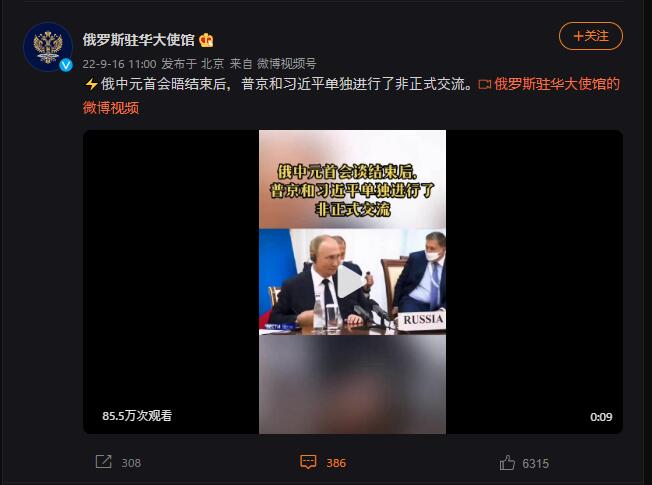
Source: Russian Embassy in China’s Weibo account
This post on Weibo definitely solves the mystery!
What I have written so far is proof of reason No. 3 above.
Xi and Putin have a strategy of making it appear that they are not on friendly terms to reassure the Central Asian countries. By praising Xi and drawing attention to him, Putin is attempting to strengthen solidarity among SCO member countries and prevent them from moving closer to the West.
◆Joint Communique (Samarkand Declaration of the Council of Heads of State of the SCO)
The SCO Summit ended late afternoon on September 16 (Japan time). Iran was officially approved as a new member and the Samarkand Declaration of the Heads of State Council of the SCO contained the words: “They stressed that the unilateral application of economic sanctions other than those adopted by the UN Security Council is inconsistent with the principles of international law and adversely affects third countries and international economic relations.” All member states are opposed to US economic sanctions and sanctions imposed by Western countries aligned with the US, and have not themselves applied sanctions to Russia. The combined population of SCO member states accounts for 50% of the global population. Purely in terms of humanity, they are a significant force in the international community.
We should not ignore the fact that 85% of the world’s population live in countries that have not imposed sanctions on Russia (described in the column Russia Proposes ‘New World G8,’ a World Not Visible to the Japanese by Homare Endo, published on June 19, 2022)
A Japanese-language media article was published in Japan on September 17, 2022 with the title “India’s Prime Minister Narendra Modi criticizes Russia’s invasion of Ukraine: ‘Today’s era not an era of war.’” Reading the original Reuters article, the content has a slightly different nuance from the Japanese headline. The article quotes an announcement by the Indian government, which simply says: “In the context of the ongoing conflict in Ukraine, (the) Prime Minister reiterated his call for an early cessation of hostilities and the need for dialogue and diplomacy.”
It is clear from the video on Modi’s official website that the report by the Indian government is the correct one.
It reveals that there is significant disparity between what Modi actually said and the Japanese news report, which dressed up the Reuters report in words that would please Japanese readers.
This example illustrates the need to gather facts from multiple sources when making a call on international affairs to protect the interests of the Japanese public.
カテゴリー
最近の投稿
- 習近平の思惑_その1 「対高市エール投稿」により対中ディールで失点し、習近平に譲歩するトランプ
- 記憶に残る1月
- 高市圧勝、中国の反応とトランプの絶賛に潜む危機
- 戦わずに中国をいなす:米国の戦略転換と台湾の安全保障を巡るジレンマ
- トランプ「習近平との春節電話会談で蜜月演出」し、高市政権誕生にはエール 日本を対中ディールの材料に?
- A January to Remember
- Managing China Without War: The U.S. Strategic Turn and Taiwan’s Security Dilemma
- 「世界の真ん中で咲き誇る高市外交」今やいずこ? 世界が震撼する財政悪化震源地「サナエ・ショック」
- 中国の中央軍事委員会要人失脚は何を物語るのか?
- 個人の人気で裏金議員を復活させ党内派閥を作る解散か? しかし高市政権である限り習近平の日本叩きは続く




